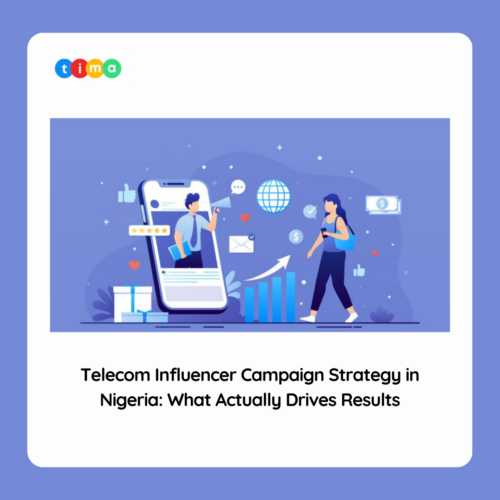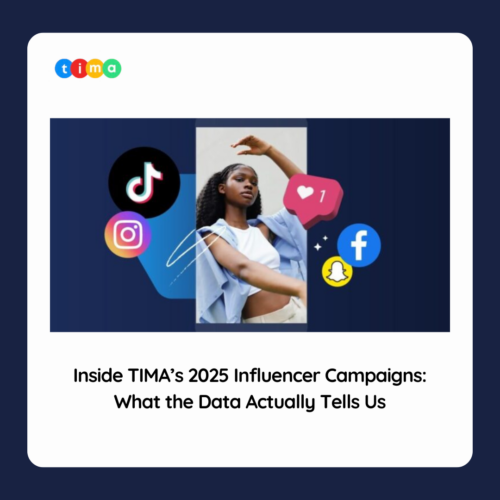In the fast-paced world, results-driven influencer marketing is beyond vanity metrics such as follower counts. While these metrics can give you a broad sense of an influencer’s popularity, they fail to provide a holistic picture of the campaign’s effectiveness. To truly gauge the success and return on investment (ROI) of your influencer collaborations, it’s essential to dig deeper and evaluate key metrics that go beyond surface-level numbers. In this article, we will explore five crucial metrics that can help drive a results-oriented influencer strategy.
1. Reach and Impressions
One of the fundamental metrics to consider when evaluating results-driven influencer marketing campaign is reach and impressions. Reach refers to the total number of unique users exposed to the content posted by influencers, while impressions indicate the total number of times that content has been viewed. These metrics provide an overview of the campaign’s potential audience and the overall exposure generated. By tracking reach and impressions, brands can assess the campaign’s visibility and gauge the initial impact of their influencer collaborations.

2. Engagement Rates
Engagement rates play a crucial role in measuring the effectiveness of influencer campaigns. Rather than focusing solely on follower count, it is essential to analyze metrics such as likes, comments, shares, and saves to evaluate the level of engagement generated by an influencer’s content. High engagement rates indicate that the audience is actively interacting with the content, which suggests that the campaign resonates with the target demographic. By monitoring engagement rates, brands can identify which influencers are driving meaningful interactions and tailor future collaborations accordingly.
3. Conversion Tracking
While reach and engagement are essential, the ultimate goal of an influencer marketing campaign is to drive conversions and achieve measurable results. Tracking conversions allows brands to determine the direct impact of influencer collaborations on their business objectives. By implementing trackable links, unique discount codes, or custom landing pages, brands can attribute specific actions, such as website visits, purchases, or sign-ups, to their influencer campaigns. This data enables brands to calculate the return on investment (ROI) and make informed decisions about future influencer partnerships.

4. Audience Demographics
Understanding the demographics of an influencer’s audience is critical for aligning the campaign with the brand’s target market. Metrics such as age, gender, location, and interests can provide valuable insights into whether the influencer’s followers align with the brand’s desired audience. Analyzing these metrics can help identify influencers whose followers closely match the target demographic, ensuring a more relevant and impactful campaign. Tools like social media analytics and audience insights platforms can assist in gathering and analyzing this data.
5. Sentiment Analysis
While quantifiable metrics are essential, it is equally crucial to measure qualitative aspects such as sentiment. Sentiment analysis involves monitoring and evaluating the overall sentiment, opinions, and feedback surrounding the influencer campaign. By monitoring comments, brand mentions, and sentiment-driven keywords, brands can gauge the public’s perception and sentiment towards their brand, product, or campaign. Sentiment analysis helps brands identify potential issues, mitigate negative sentiment, and capitalize on positive sentiment by leveraging user-generated content or testimonials.
Conclusion:
A results-driven influencer marketing requires a comprehensive approach to measurement and analysis. By tracking and evaluating crucial metrics such as reach, engagement rates, conversions, audience demographics, and sentiment analysis, brands can make data-driven decisions and optimize their influencer campaigns for better outcomes. These metrics provide valuable insights into the effectiveness, relevance, and impact of influencer collaborations, enabling brands to refine their strategies, maximize their ROI, and achieve tangible results in the ever-evolving world of influencer marketing.









